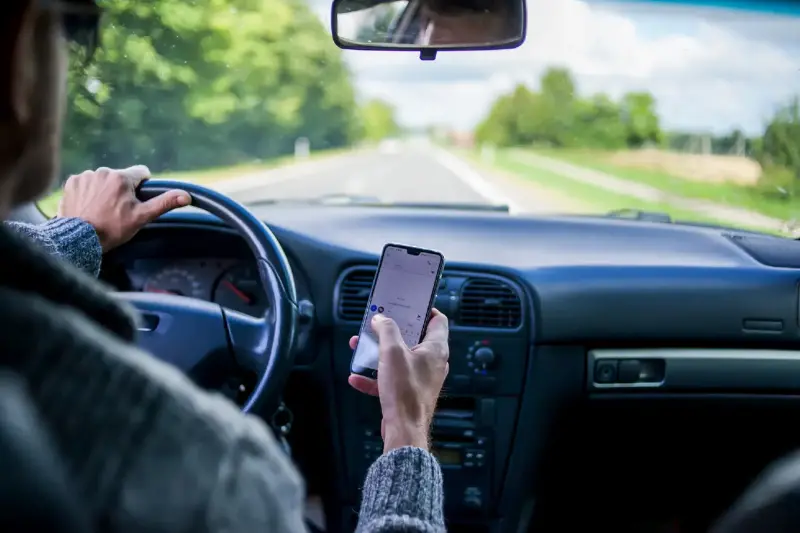
Imagine gliding smoothly down a familiar stretch of road, your focus sharpened by the rhythmic hum of the engine. Suddenly, a siren wails nearby or a pedestrian dashes at the kerb—your ability to react at such moments relies on razor-sharp attention. Yet, for many drivers, that attention can be subtly hijacked in the most ordinary ways. Let’s unravel the three major culprits behind distracted driving: food, fatigue, and phones—and explore how to reclaim the safety of your journey.
Snack Dangers: How Eating Behind the Wheel Bites Back
What seems like a harmless habit—biting into a sandwich or sipping coffee—can rapidly turn dangerous behind the wheel. According to a study by the Royal Society for the Prevention of Accidents (RoSPA), eating while driving increases your risk of an accident by up to 80%. The distraction usually arrives in fleeting, unnoticed bursts: reaching for the napkin, unwrapping a snack, or mopping up an unexpected spill.
Consider the chaos of steering with one hand while the other juggles a packet of crisps. Crumbs tumble, sauces drip, and your attention splits just when you need it whole. The National Highway Traffic Safety Administration (NHTSA) even ranks eating as a more complex distraction than talking to passengers.
To avoid disaster:
- Embrace the “No Food Policy”. Eat before your journey or pull over safely if you must snack.
- Prepare with spill-proof containers and avoid messy foods if stopping is impossible.
- Keep emergency snacks stashed but well out of reach during transit.
Fatigue Fails: When Drowsy Eyes Betray the Road Ahead
Fatigue is a silent saboteur creeping up on even the most seasoned motorists. Long stretches behind the wheel, inadequate sleep, or monotonous roadways foster a dangerous cocktail for microsleeps—brief lapses in consciousness lasting mere seconds. These moments are invisible but perilous, contributing to thousands of collisions annually across the UK and beyond.
The mind may wander, eyes glaze over—a distant stare locking on the endless road as critical moments pass unnoticed. Experts consistently warn that drowsy driving can impair your reflexes as much as alcohol.
To stay sharp:
- Get at least seven hours of sleep before long journeys.
- Take a break every two hours: a brisk walk or a quick nap can restart your focus.
- Share driving duties whenever possible, especially on daunting trips.

Digital Distractions: The Relentless Call of Phones
Few distractions pack the disruptive punch of a mobile phone. Texting, scrolling social media, or even glancing at a ringing screen yanks your attention away from vital road cues. According to Transport for London, texting can reduce drivers’ reaction times by up to 35%, far surpassing the effect of alcohol.
The ping of a message draws the eye, the need for immediate response tugs at the hand, and precious seconds leak away unnoticed. This isn’t just risky—it’s illegal in most places to handle a phone while driving, with stiff penalties poised to reinforce the message.
Smart strategies include:
- Activate “Do Not Disturb” mode before setting off.
- Invest in hands-free technology for urgent calls, but remember: even hands-free can be distracting.
- Store your phone out of sight and reach—an out-of-mind phone is a safe phone.
The evolving nature of modern life places more demands on our attention than ever before. Yet in the driver’s seat, the small decision to keep food stashed, rest prioritised, and phones silenced can draw the line between routine travel and tragedy. Each clear-headed choice is a vote for the safety of everyone on the road.
As the lights change and you merge with the motley flow of traffic, what unintentional habits may be steering your own focus? Let this knowledge serve as a gentle challenge—a reminder that every moment of clarity behind the wheel is an act of care, not just for yourself, but for all whose paths you cross. Where will you place your attention next time you drive?
